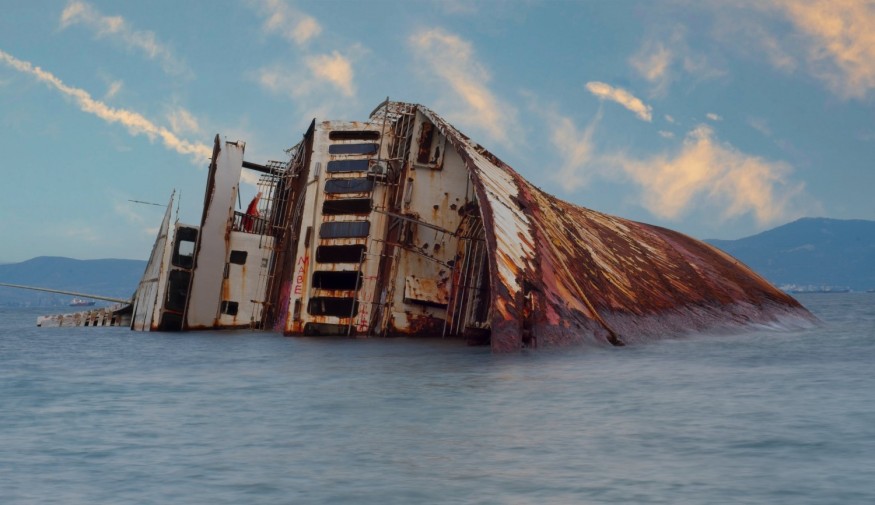
The United Nations has begun extracting oil from a decaying vessel anchored off Yemen's Red Sea coast.
The oil tanker, called the FSO (floating storage and offloading) Safer, contains more than 1.4 million barrels of light crude and has been abandoned since the civil conflict began in Yemen eight years ago.
The Safer is anchored near the Ras Isa oil port, which is controlled by Yemen's Houthi forces, which took control of vast parts of the country in 2015.
According to a report from Aljazeera, the Houthi previously blocked any salvage operation but agreed in March to allow the oil to be offloaded.
The UN Development Programme (UNDP), the humanitarian agency in charge of administering the operation, said the oil inside the Safer will now be moved to a replacement vessel called Yemen.
The oil transfer happened after months of preparation on-site and is expected to be finished in less than three weeks.
Environmental Threat
Due to its condition, the decaying tanker poses an environmental threat.
A report from the Associated Press said that seawater has entered the engine compartment, causing damage to the pipes and increasing the risk of the ship's sinking.
For the past years, the UN and other governments, as well as environmental groups, have warned that if an oil spill or explosion happened, this could impede global commercial shipping through the critical Bab el-Mandeb and Suez Canal routes, causing immense economic harm.
A possible oil spill would also destroy coral, mangroves, and marine life in the area.
The tanker carries four times the amount of oil spilled in the 1989 Exxon Valdez accident off the coast of Alaska, which was one of the world's biggest ecological disasters.
"The potential clean-up bill alone could easily run into the tens of billions of dollars," UN Secretary-General Antonio Guterres said.
Mohammed Mudawi of UNDP Yemen claimed that the vessel had not been properly maintained as it was situated in a minefield. The UN agency team was working to prevent the accumulation of combustible gases.
Who gets the oil?
The ownership of the oil is unclear, and there are legal concerns that must be resolved.
According to Ahmed Nagi, a senior analyst for Yemen at the International Crisis Group think tank in Brussels, technically speaking, the owner of the tanker and oil is SEPOC, a national oil and gas company in Yemen; however, the location of the tanker is currently controlled by the Houthis.
He also sees the Safer tanker issue as "an embodiment of the conflict in Yemen as a whole."
"The government sees the Houthi militias as an illegitimate group controlling the tanker, and the Houthis do not recognize (the government)," Nagi told CNN.
UN Resident and Humanitarian Coordinator for Yemen David Gressly said that discussions are underway to ascertain who owns the oil.
The UN coordinator hopes that the time needed to discharge the oil will allow for "political and legal discussions that must take place before the oil can be sold."
Related Article : Burning Cargo Ship Deposited Tons of Toxic Pellets on Sri Lanka Beaches
Related Video:
© 2025 NatureWorldNews.com All rights reserved. Do not reproduce without permission.





